Acrylic Painting on Canvas Team Bonding Art Jamming Singapore Visual Arts Centre
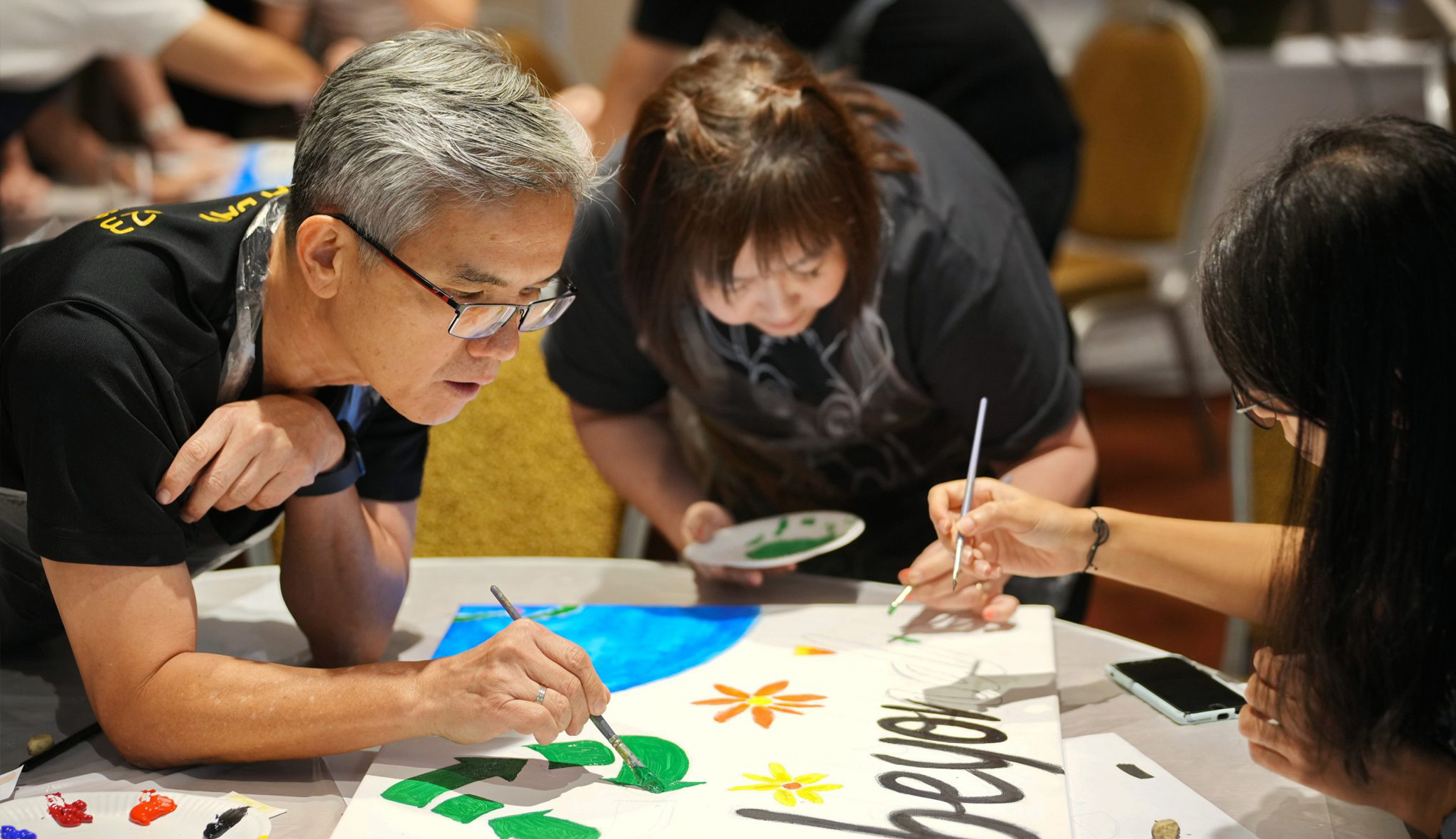
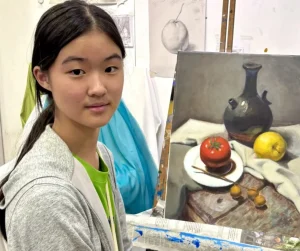





















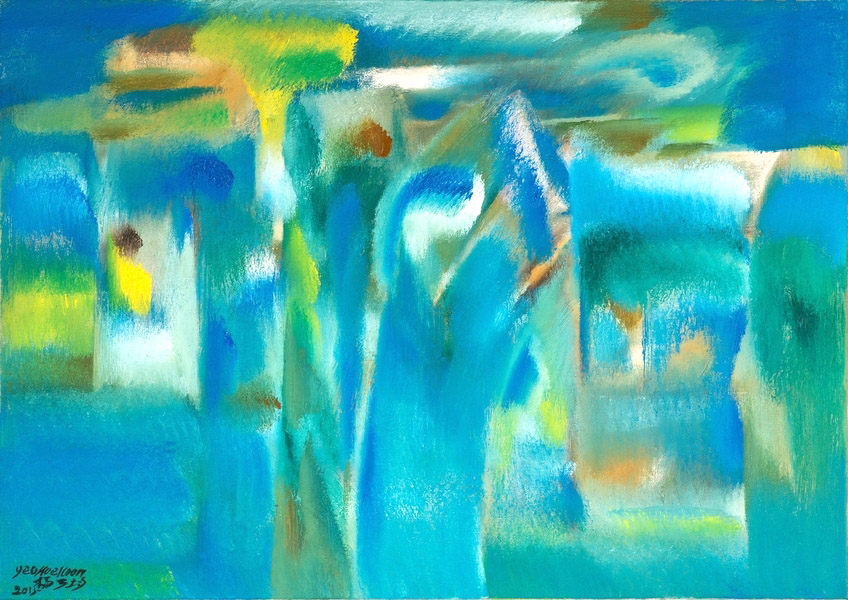
Yeo Hoe Koon
Oil on Canvas
64 x 89.5 cm
Price Range: $16,000 - $20,000
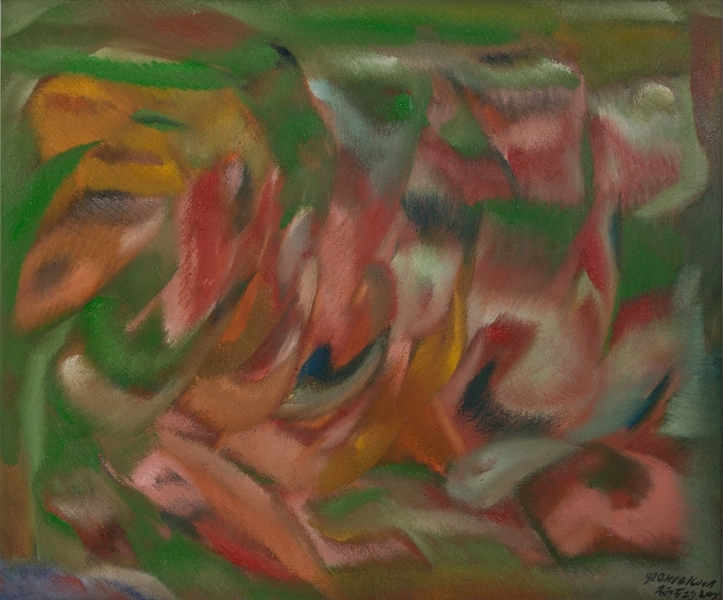
Yeo Hoe Koon
Oil on Canvas
101 x 123 cm
Price Range: $26,000 - $32,000
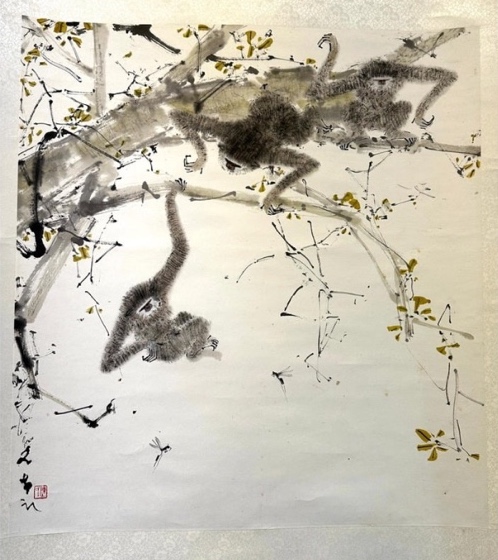
Chen Wen Hsi
Chinese Ink and Color on Paper
50 x 54cm
Price Range: SGD $42,000 - $50,000
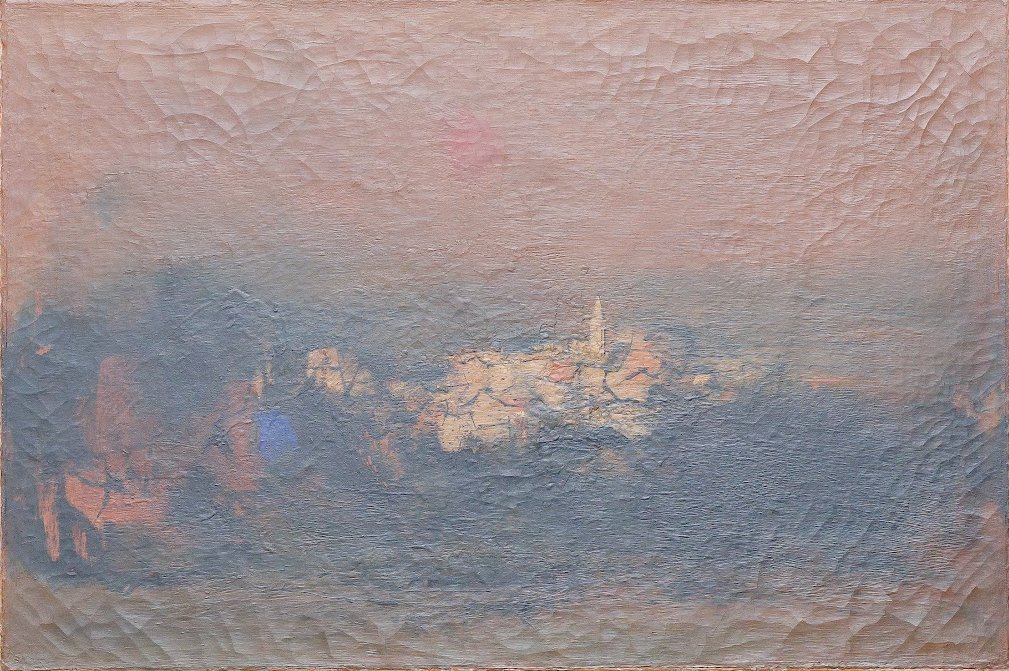
Cheong Soo Pieng
Red Tone
61 x 91.5cm
Price Range: SGD $108,000 - $138,000
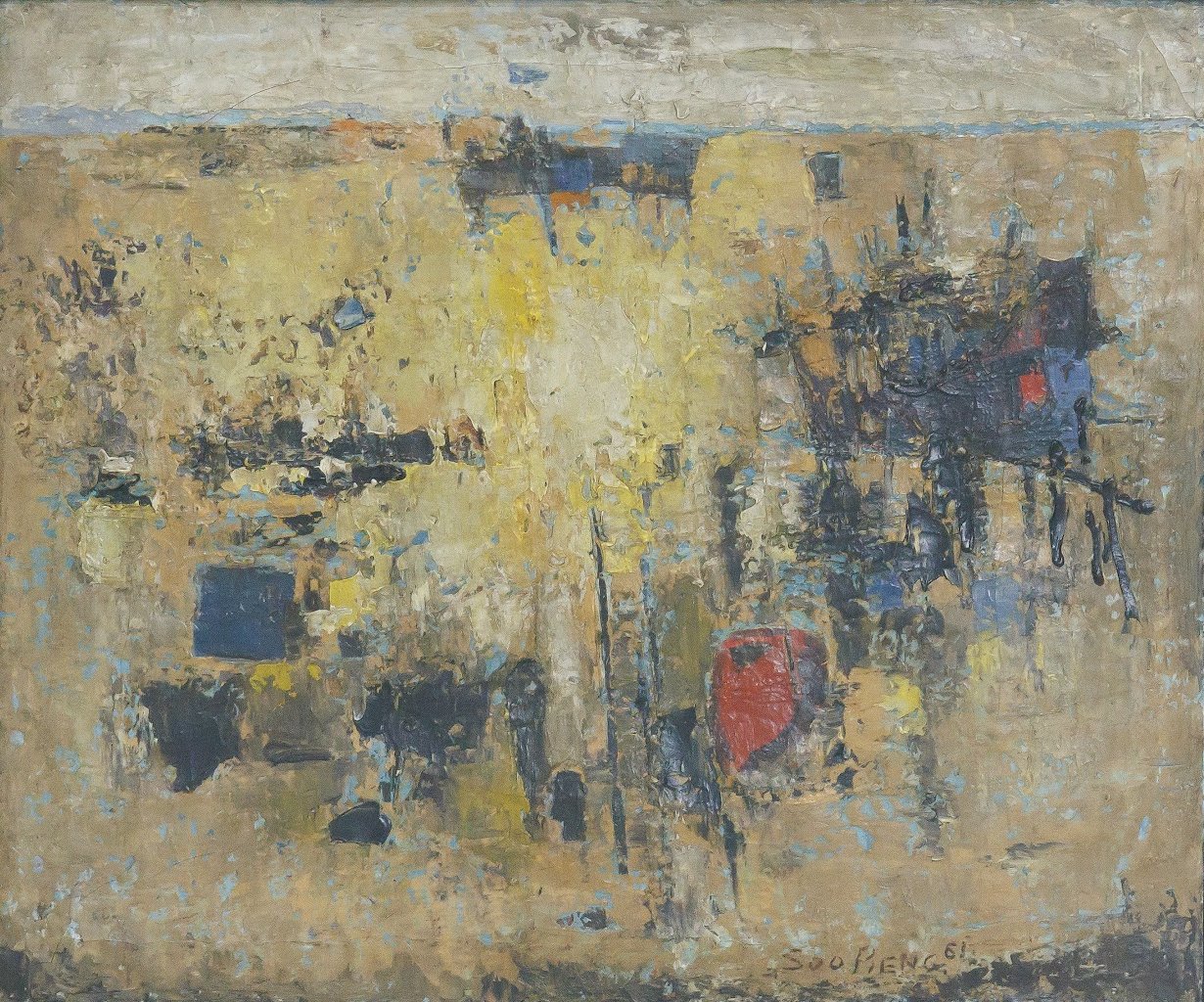
Cheong Soo Pieng
Abstract Landscape
50 x 61cm
Price Range: SGD $95,000 -$128,000
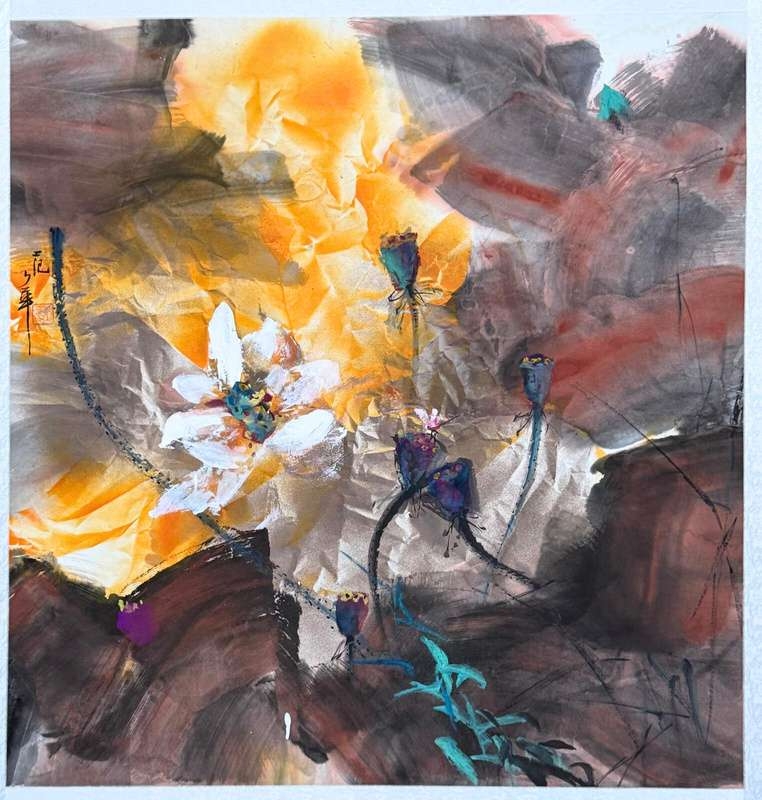
Fan Shao Hua
Chinese Ink and Colour on Paper
100 x 100cm
Price Range: SGD $9,800 - $14,800
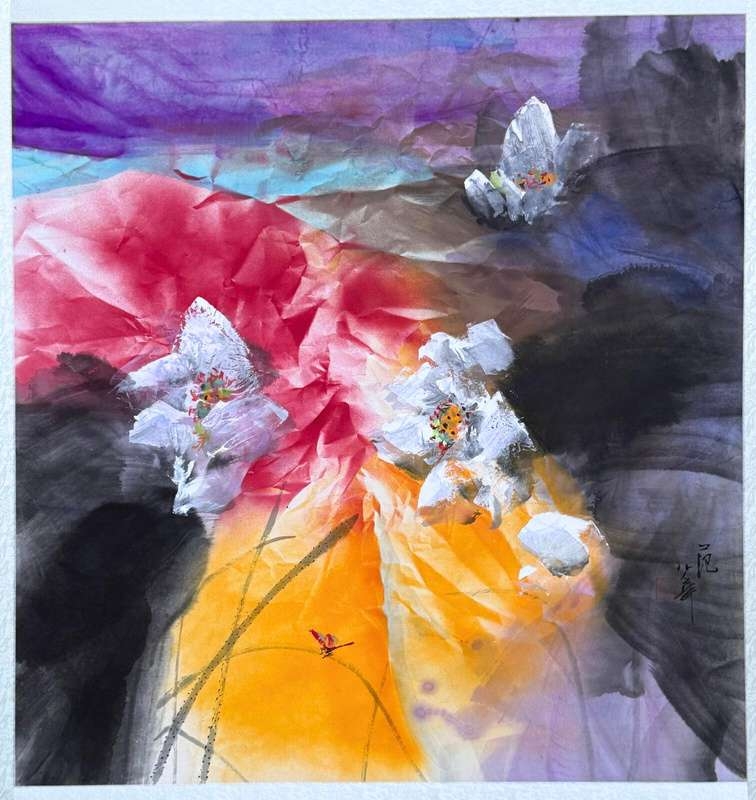
Fan Shao Hua
Chinese Ink and Colour on Paper
100 x 100cm
Price Range: SGD $8,800 - $13,800
At Privacy Policy Visual Arts Centre, we are committed to protecting your privacy and ensuring that your personal information is handled in a safe and responsible manner.
Dear valued Visual Arts Centre students and guests,
This Personal Data Protection Policy notice for personal data (“Notice”) is issued to all our valued students and guests of Visual Arts Centre (“[VAC]”, “us”, “we”, “our” or “ours”), pursuant to the statutory requirements of the Personal Data Protection Act 2012 (“PDPA”).
We at VAC take our responsibilities under Singapore’s PDPA seriously. We also recognise the importance of the personal data you have entrusted to us and believe that it is our responsibility to properly manage, protect and process your personal data.
During your course of dealing with us, we may have, and / or will collect, use, disclose and process your personal data for purposes, including, to communicate with you, provide products and/or services to you, respond to your enquiries or complaints, provide you with information and/or updates on courses, workshops, seminars, services and/or promotions offered by VAC (“Services“) and selected third parties and other purposes required to operate and maintain our business as set out in our Personal Data Protection Policy (collectively referred to as “Purposes”).
We are committed to ensuring that your personal data is stored securely. You have the right to request for access to, to request for a copy of and to request to update or correct your personal data held by us. You have the right at any time to request us to limit the processing and use of your personal data. (for example, requesting us to stop sending you any marketing and promotional materials or contacting you for marketing purposes).
Address: Visual Arts Centre
10 Penang Road, #01-02 Dhoby Ghaut Green,
Singapore 238469
Contact No.: +65 6255 0711 / +65 6733 2155
Email Address: info@visualartscentre.sg
By submitting your personal data to us, you consent to us collecting, using, disclosing and processing your personal data in accordance with this Notice. We will also take it that all personal data provided by you is accurate and complete, and that none of it is misleading or out of date. You will promptly update us in the event of any change to your personal data.
We reserve the right to update and amend this Notice and our Personal Data Protection Policy from time to time. We will notify you of any amendments to this Personal Data Protection Notice or our Personal Data Protection Policy via announcements on our website or other appropriate means. If we amend this Personal Data Protection Notice or our Personal Data Protection Policy, the amendment will only apply to personal data collected after we have posted the revised Personal Data Protection Notice or Personal Data Protection Policy.
Should you need to make any of these requests (Data access request [request to access your personal data], Data correction request [request for correction to your personal data], General consent withdrawal request [withdrawal of consent to the collection, use and disclosure of your personal data] and Complaint [complaint or grievance regarding how we are handling your personal data or about how we are complying with the PDPA]), please send an email to us (info@visualartscentre.sg).
Visual Arts Centre aims to comply with the requirements of the Personal Data Protection Act (PDPA). We will respond within 30 (thirty) working days upon the receipt of your Request. Thank you for your understanding.
Click and get to our WhatsApp
Embark on a captivating journey into the vibrant world of digital art! Our Foundation in Digital Art workshop invites budding creatives aged nine and above to unleash their imagination and hone their artistic skills in a dynamic, supportive environment. From mastering basic digital tools to crafting mesmerizing digital masterpieces, children will explore a spectrum of techniques guided by seasoned mentors. Through hands-on activities and interactive sessions, participants will discover the endless possibilities of digital expression while fostering creativity and critical thinking. Join us for an exhilarating adventure where young artists transform ideas into stunning visual realities, igniting a passion for digital art
In the Batik Introduction Handkerchief Painting workshop, participants will learn the traditional art of batik, a wax-resist dyeing technique originating from Indonesia. The workshop begins with a brief history and overview of batik, highlighting its cultural significance and various techniques. Participants will then observe a demonstration of applying wax with tjanting tools and dyeing the fabric. Following the demonstration, each participant will design and create their own batik handkerchief, applying wax to create patterns and then dyeing their fabric. The workshop concludes with a group discussion, allowing participants to share their creations and reflect on their learning experience.